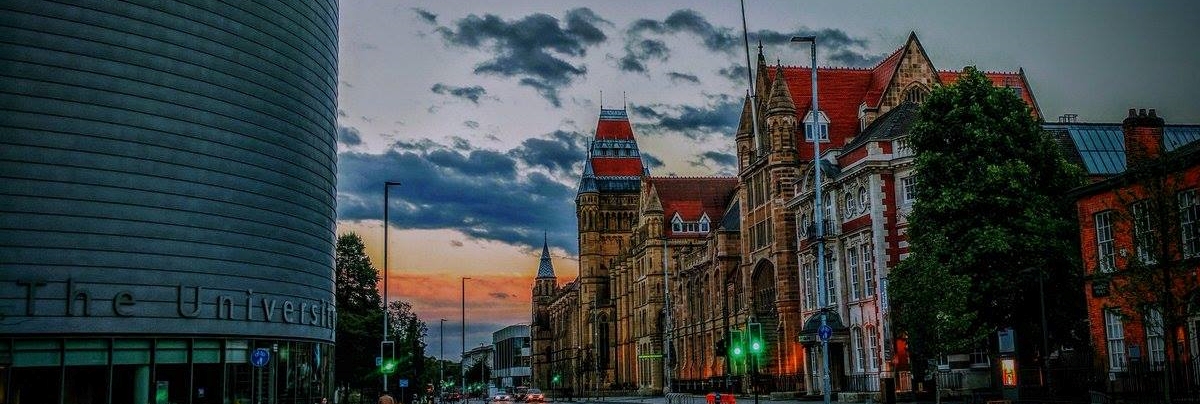
Hate Speech, Disinformation, and Counterspeech
Maxime Lepoutre and Jonathan Seglow
Arthur Lewis Building 3.008
The public discourse of contemporary democracies is rife with dangerous speech—speech that threatens to inflict significant harms on members of these democracies, and on the rules that bind them together. Two overlapping categories of dangerous speech have increasingly been singled out as especially troubling: hate speech, which promotes the basic inferiority of vulnerable groups; and disinformation—most notably fake news—which wilfully promotes falsehoods about matters of public concern.
It is widely recognized that these forms of speech can generate significant social harms. Political theorists have argued that hate speech can incite violence, inflict psychological trauma, and undermine its targets’ dignity. As for disinformation, it can, among other things, amplify public health crises, swing elections, and erode trust in democratic norms. Yet intense disagreement persists about where the basic injustice of such forms of speech lies, and how, if at all, we should respond to it.
One longstanding dispute concerns legal restrictions. Do the harms of hate speech and disinformation warrant legally prohibiting these forms of speech? One axis of disagreement concerns whether such restrictions would violate the right to free speech. But even if they do not, one might wonder whether, in non-ideal contexts, the state—or alternatively, social media platforms—can safely be entrusted with the power to suppress speech.
Increasingly, however, attention has shifted to another proposal—the idea of countering hate speech or disinformation with ‘more speech,’ (or ‘counterspeech’). The appeal of counterspeech is clear: if ‘more speech’ constitutes an effective response, then legal restrictions, and the moral risks that attend them, may not be necessary. Yet the efficacy of counterspeech remains deeply contested. Some, drawing on applied philosophy of language, argue that counterspeech is likely to be ineffective or worse. In response, others have sought to articulate more sophisticated forms of counterspeech.
But even efficacious counterspeech is philosophically controversial. One area of contention concerns duties to counterspeak: Are there such duties? And, if so, how should such duties be distributed between targets of dangerous speech, the state, and other parties? Another worry concerns the moral costs of counterspeech—and, in particular, whether some forms of counterspeech (most notably, shaming approaches to counterspeech) constitute morally legitimate responses to dangerous speech.
The panel will be devoted to investigating this set of issues. It will therefore welcome contributions on, but not limited to, the following questions:
- How, if at all, do hate speech and/or disinformation enact social harms?
- How should the state respond to these forms of dangerous speech?
- Do legal responses violate freedom of expression?
- Are legal responses more or less justified responses than counterspeech?
- What form(s) should counterspeech take?
- Who, if anyone, has a duty to counterspeak?
- Are some conceptions of counterspeech morally impermissible?
|
Wednesday 7th September |
|
|
14:00-15:30 |
Jonathan Seglow and Matteo Bonotti: Relational Free Speech, Hate Speech and Disinformation Suzanne Whitten: Free Speech Within and Beyond the Academy |
|
15:30-16:00 |
Tea and Coffee Break |
|
16:00-17:30 |
Nikolas Kirby: Polarization, Misinformation, and Distrust Mihaela Popa-Wyatt: On the Spread of Harmful Speech: |
|
17:45-19:00 |
Wine Reception |
|
19:30 |
Conference Dinner |
|
Thursday 8th September |
|
|
9:30-11:00 |
Corrado Fumagalli: Ordinary Citizens, Imperfect Duties, and the Ludvig Beckman: The Moral Duty of Counterspeech Participants |
|
11:00-11:30 |
Tea and Coffee Break |
|
11:30-13:00 |
Álvaro Armas: Confrontational Counterspeech as an Argumentative Move Teresa Marques: “Sing, don’t shout”: The Place for the Expression |
|
13:00-14:00 |
Lunch |
|
14:00-15:30 |
Jeffrey Howard: The Ethics of Deamplification Rob Simpson: The Chilling Effect and the Boiling Effect |
|
15:30-16:00 |
Tea and Coffee Break |
|
16:00-17:30 |
Maxime Lepoutre: Narrative Counterspeech Laura Caponetto and Bianca Cepollaro: Bending as Counterspeech |
